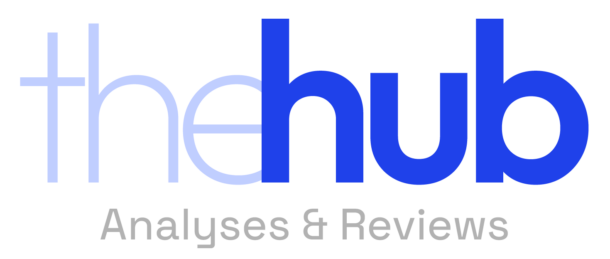Understanding history is paramount for gaining insights into policies and economics. History provides the contextual backdrop against which policies and economic systems have evolved, offering a nuanced understanding of their origins and development. Learning from both the successes and failures of the past allows policymakers and economists to shape more informed and effective strategies for the present and future. Recognizing historical patterns and trends enables a deeper comprehension of potential consequences and aids in decision-making, particularly in anticipating economic cycles and mitigating their impact.
Moreover, history plays a crucial role in shaping institutional memory. Institutions and governments benefit from understanding past decisions and outcomes, fostering continuity and helping avoid policy inconsistencies. The globalized nature of the world underscores the importance of historical knowledge in navigating international economic dynamics, fostering effective international cooperation, and contributing to informed diplomatic relations. Ultimately, a robust understanding of history serves as an invaluable foundation for policymakers and economists, allowing them to make more informed decisions, anticipate challenges, and build upon the lessons of the past to create sustainable policies and economic systems.


